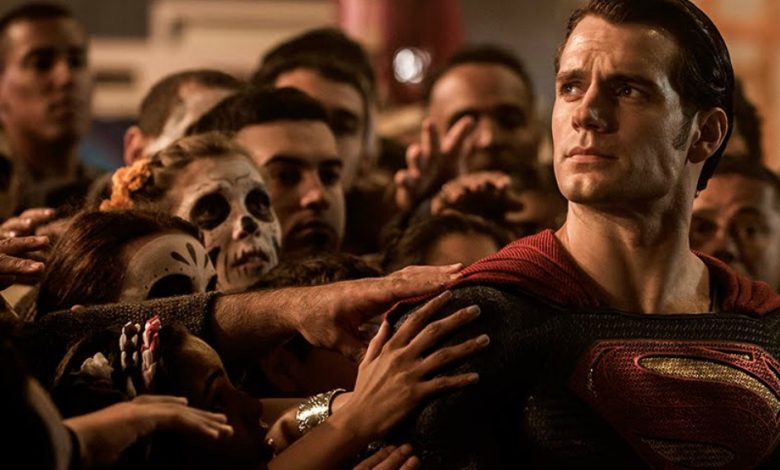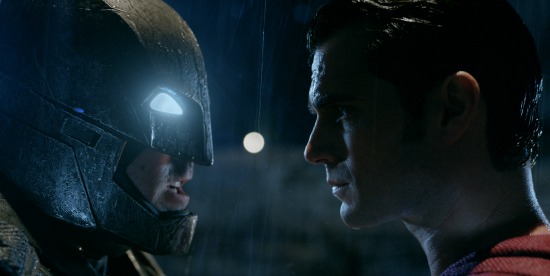Are Modern Superheroes Moral … or Fascist?

With superhero films riding a peak in popularity, it may be a surprise to learn that since 1940 there have been arguments that the characters are inherently fascist.
In 1940, an article titled “A National Disgrace” was published in the Chicago Daily News that described comics and superheroes as a “poisonous mushroom growth.”
The piece was reprinted 25 million times, which is the mid-twentieth century version of going viral.
Heil Clark Kent?
This concern over comics would eventually continue through the decade as scholar Walter Ong told Time magazine that Superman was a Nazi and Wonder Woman was a Hitler-loving pagan. Ong continued his critique in Arizona Quarterly. That same year, he wrote that superheroes represented super state ideologies.
With such criticism coming down on comics, the industry put together a self-censoring body called the Association of Comics Magazines Publishers (ACMP) in 1948, which would hopefully keep potential government censorship at bay.
RELATED: What Really Makes a Hero? (It’s Not the Tights)
This worked until Dr. Frederic Wertham began to target comics as a cause of delinquency in youth in the popular and provocatively titled “Seduction of the Innocent” (1954).
It was Wertham who was a major contributor to the notion that superheroes were dangerous because it made kids violent and stupid. These assertions prevailed for decades, through the 1980s when it was discussed on “Larry King Live,” and to today where both scholars (who cry zealous nationalism), critics (who set up rhetorical straw men), and even filmmakers who see the superhero world as inherently fascist.
Truth, Justice and the American Way
The goal of my latest journal article is to address this issue at length and show why superheroes are not fascist and are, instead, purveyors of moral virtue.
My focus is on the “why” regarding our collective desire for superhero narratives and to build on the many definitions of a superhero. I’m also finding a framework that to evaluate how superhero films present inspirational moral virtue and not zealous nationalism of any kind.
RELATED: Why Comic Books Still Rule
I address the problems with some of the scholarly work done on the connection to superheroes and heroism both historically and immediately after 9/11, particularly those who have argued that American superheroism is a fascist myth, and show how the recent evolution of the superhero genre in film gives us much to learn from.
Therefore, superheroes do not create a fascist national complex but are instead popular because they create and revolve around inspirational virtue, such as those Mark White used to describe Captain America (courage, humility, righteous indignation, sacrifice/responsibility, and perseverance).

These virtues may be applied differently, but their role in defining superheroes transcends individual characters.
Therefore, regardless of who we side with in “Captain America: Civil War” and “Batman V. Superman: Dawn of Justice,” we do so because we see these virtues realized within the world of superheroes.
Please check out my full essay, “Superhero Films: Fascist National Complex or Exemplars of Moral Virtue?” from the April issue of Journal of Religion and Film.
Chris Yogerst is assistant professor of communication at the University of Wisconsin Colleges. He is the author of “From the Headlines to Hollywood: The Birth and Boom of Warner Bros. (Film and History),” (2016).

As a rule, when someone says something is “fascist”, they have NO clue whatsoever what that word means.
I’m pretty sure it means Democrat/liberal/socialist/progressive/antifas ..
Pretty much. lol